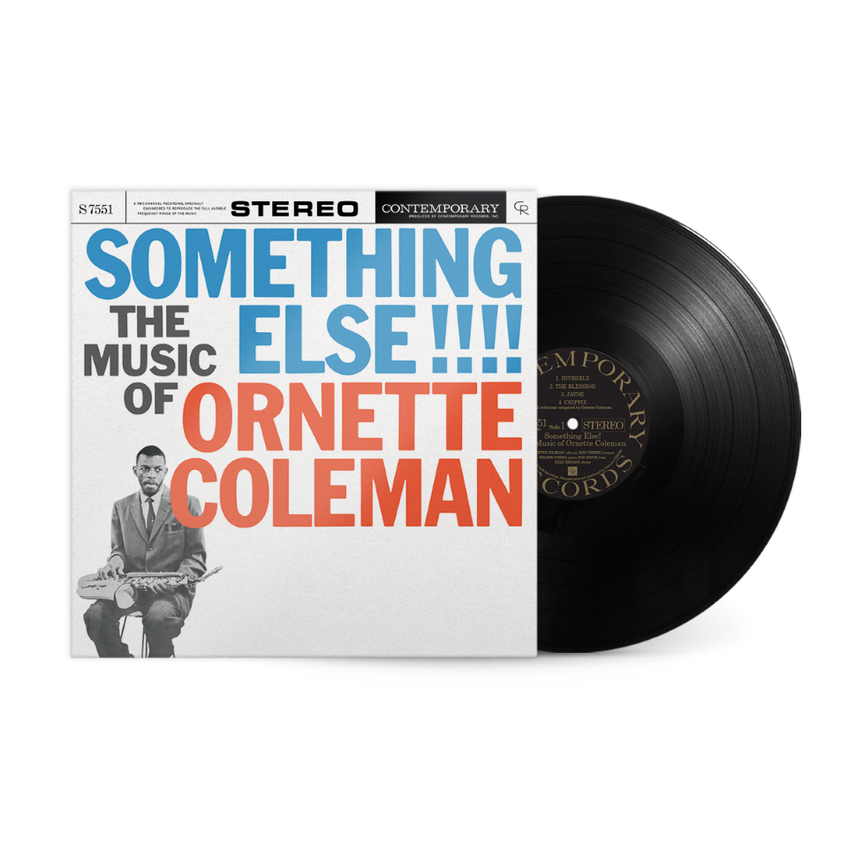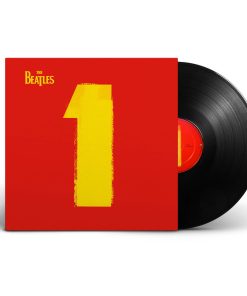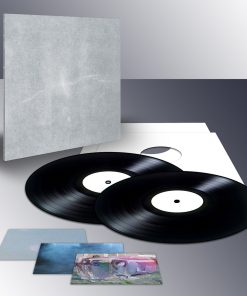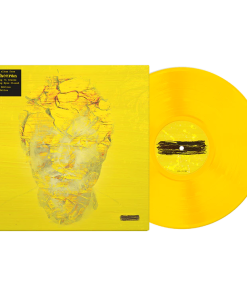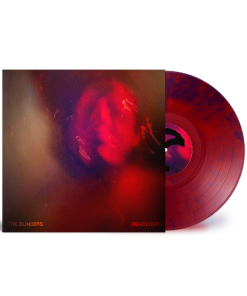Something Else!!! 180g Vinyl LP Ornette Coleman
$ 35,99 $ 21,59
Jazz saxophonist Ornette Coleman is one of the most important and innovative figures in Jazz, helping change the genre along with the course of modern music. Unknown on the L.A. jazz scene in the late 1950s, Coleman (March 9, 1930 – June 11, 2015) found an open door at Contemporary Records, where label founder Lester Koenig was intrigued by his melodic sensibility and unorthodox approach to phrasing. His first two albums, 1958’s Something Else!!!! The Music of Ornette Coleman and 1959’s Tomorrow Is the Question! The New Music of Ornette Coleman boldly announced the arrival of an artist who sounded unlike anyone before him, even as his tone and phrasing revealed his deep feel for the Texas blues. More than a seminal improviser and composer who exponentially expanded jazz’s rhythmic and harmonic frontiers, Coleman embodied the playfully ideal at the center of African-American musical innovation. Radical and rootsy, avant-garde and populist, Coleman was born and raised in Ft. Worth, and the wailing Texas blues was woven into his sound. After his Contemporary albums, Coleman quickly went on to New York City and turned the jazz scene on its head, but it was Koenig who provided the first glimpse at the saxophonist’s new approach to rhythm and harmony.
This 1958 debut recording by the Ornette Coleman Quintet, which featured Coleman on his trademark white plastic alto, Don Cherry on trumpet, Billy Higgins on drums, Walter Norris on piano, and Don Payne on bass, shook up the jazz world — particularly those musicians and critics who had entered the hard bop era with such verve and were busy using the blues as a way of creating vast solo spaces inside tight and short melody lines. Something Else!!!! is anathema to that entire idea and must have sounded like it came from outer space at the time. First, Coleman’s interest was in pitch, not “being in tune.” His use of pitch could take him all over — and outside of — a composition, as it does on “Invisible,” which begins in D flat. The intervals are standard, but the melodic component of the tune — despite its hard bop tempo — is, for the most part, free. But what is most compelling is evident in abundance here and on the next two tunes, “The Blessing” and “Jayne”: a revitalization of the blues as it expressed itself in jazz. Coleman refurbished the blues framework, threaded it through his jazz without getting rid of its folk-like, simplistic milieu. In other words, the groove Coleman was getting here was a people’s groove that only confounded intellectuals at the time. Coleman restored blues to their “classic” beginnings in African music and unhooked their harmonies. Whether the key was D flat, A, G, whatever, Coleman revisited the 17- and 25-bar blues. There are normal signatures, however, such as “Chippie” in F and in eight-bar form, and “The Disguise” is in D, but in a strange 13-bar form where the first and the last change places, altering the talking-like voice inherent in the melodic line. But the most important thing about Something Else! was that, in its angular, almost totally oppositional way, it swung and still does; like a finger-poppin’ daddy on a Saturday night, this record swings from the rafters of the human heart with the most unusually gifted, emotional, and lyrical line since Bill Evans first hit the scene.
Fast Delivery and Professional Packaging
Our long-standing relationship with UPS FedEx DHL and other carriers around the world gives us the ability to provide various shipping options. Our warehouse personnel will pack all goods to our exacting requirements. Your goods will go through an extensive inspection and will be securely secured prior to being shipped. Every day we ship thousands of packages to clients from all over the world. This is a sign of our determination to be the largest online retailer in the world. There are distribution centers and warehouses in Europe and the USA.
Orders that contain more than 1 item are assigned processing periods in accordance with the item.
Prior to shipment, all purchased items will be thoroughly inspected. The majority of orders are shipped within 48 hrs. Delivery is expected to take between 3 and 7 days.
Returns
The stock is dynamic and we do not completely manage it because multiple parties are involved, which includes our factory and warehouse. The actual stock can fluctuate at any time. It's possible that the stock may run out after your order has been processed.
Our policy lasts for 30 days. Unfortunately, if thirty days have passed from the date you purchased the item, we will not be able to offer you a return or exchange.
The item should not be used, and it must be in the original packaging. The item should be in the original packaging.
Related products
Vinyl LP
Vinyl LP
Vinyl LP
Vinyl LP
Vinyl LP
Vinyl LP
Vinyl LP
